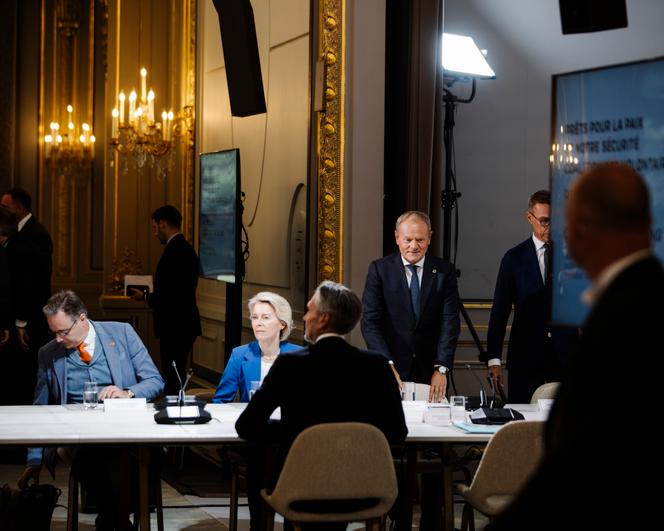


For nearly six years as president of the European Commission, Ursula von der Leyen has aimed to personify the European Union (EU) on the global stage, even if it meant stretching the limits of its treaties. This summer, von der Leyen succeeded, thanks to US President Donald Trump, who, after months of ignoring her, finally met with her at the White House on August 18 alongside Ukrainian President Volodymyr Zelensky, French President Emmanuel Macron and other European leaders. Yet, the former German minister has also come to symbolize the EU's weaknesses, which have rarely been as visible as they are today.
On Wednesday, September 10, von der Leyen will deliver her State of the Union address at the European Parliament in Strasbourg. She will attempt to counter the perception of Europe as being caught between Russia's expansionism, China's commercial offensive and US protectionism. Because it is a prisoner of its economic and security dependencies and because it is made up of 27 countries whose interests and geopolitical cultures sometimes diverge, starting with France and Germany, the EU – and now von der Leyen along with it – is struggling to assert itself among the major powers.
You have 84.87% of this article left to read. The rest is for subscribers only.
